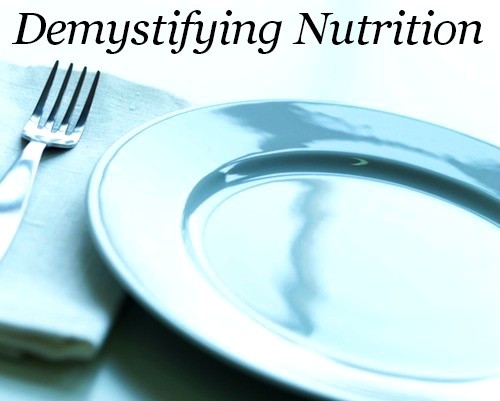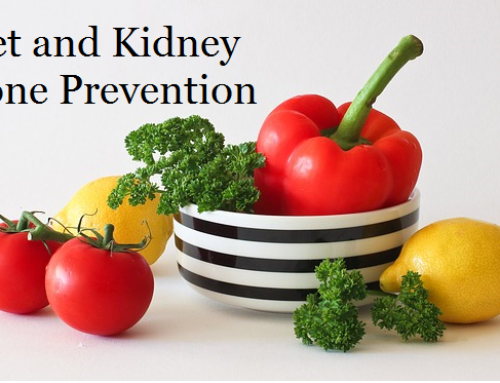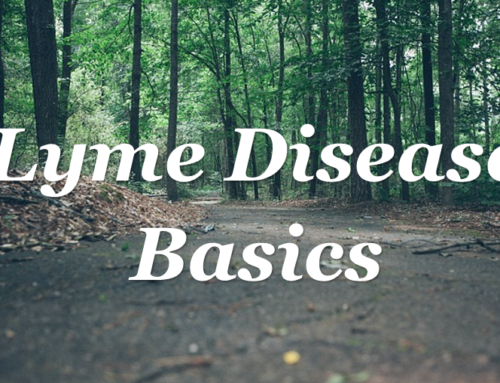The field of nutrition is an overwhelming vat of information. Most nutritional recommendations are intimidating and very often are confusing and conflicting. We are here to help steer you in the right direction and hopefully take a bit of the guesswork and anxiety out of making a “healthy” food choice!
What you should understand first is that the common diet today contains very little ACTUAL food. Most of what modern Americans eat has been altered or processed in some way. Just as you would not put regular unleaded gas in a high performance sports car, we cannot expect our bodies to function optimally (and fight disease) if we give it junk as fuel. Start your nutritional changes simply- be aware of what you eat.
- Read the labels and check the ingredients of the food you eat. Even if a food may appear to be “all-natural,” there may be some sneaky processed ingredients hidden under the seemingly harmless exterior.
- Consider the portion sizes you are consuming. Even healthy foods can be a problem in excess.
- Think about the types of foods that make up your meal. The balance of macronutrients (see below) on your plate will hugely affect how your body works.
- Be a critical eater! Question what you put into your body. If a product boasts a health claim, question what that marketing is trying to hide.
Another downfall we face in the field of nutrition is the oversimplification of what is healthy and what is not. The fact of the matter is that we cannot solely focus on one aspect of nutrition- such as counting calories, limiting fat, reducing carbs, or increasing protein- because the impact of the food we eat is way more than the sum of those factors. Eating triggers a cascade of biological responses and chemical reactions within our body that affects every single one of our organ systems. Understanding the impact your food choices have on your body can be boiled down to a few key things:
- The majority of your body composition will be determined by your diet. Yes, exercise and lifestyle are also important to health and to speed up fat-burning and muscle-building, but most of your results will come from how you eat.
- Lean Body Mass (LBM) is the key to life. Lean mass (any part of you that is not fat such as muscle and organs) is directly correlated with longevity and excellent health. Instead of focusing on “losing weight,” it would be better to focus on losing fat and maintaining muscle. Since other organs function correlates to muscle mass, the more muscle you maintain throughout life, the more “organ reserve” you’ll have (i.e. the better the rest of you will work). Eat to build or maintain muscle.
- Excess body fat is bad. Most human studies show that being significantly overweight increases your risk of nearly every disease. Fat just doesn’t look that great either. Eat to keep body fat relatively low.
- Excess insulin is bad. Your body releases the hormone insulin as a part of the response to food. Certain foods will trigger more insulin to be released than others. Chronic excess insulin may be even worse than excess sugar (which we already know is bad). All animals produce insulin, but within any species, those that produce less insulin live longer than those who produce a lot. Eat to keep insulin low.
How do we use these principles to guide our food choices?
Calories
Calories are the measure of how much energy a food contains. It is a common thought that the simple equation to lose weight is to reduce energy input and increase energy output. While creating an energy deficit will result in weight loss, not all calories are made the same and are certainly not processed by the body uniformly. If you eat a low calorie diet but those calories are nutritionally empty, you may lose weight at first, but you will not be able to achieve and maintain the health you want. Your body reacts to the various macronutrients (carbohydrates, protein and fat) differently; therefore it is important to be aware of where your calories are coming from.
Protein
If your body has ample glycogen (stored glucose) and getting the rest of its energy efficiently from fats, protein will always go first towards repair or building cells or enzymes. In that context, it hardly seems fair to assign it a “burn rate” of 4 calories per gram. It’s like saying the 2×4 studs that support the walls of your house can burn nicely if you run out of firewood. They will, but you would burn other fuel first. At a minimum, we recommend around .5 grams of protein per pound of body weight per day. Eating enough protein will help you to maintain and even build muscle and lean body mass even when losing weight.
Carbohydrates
In the very basic sense, it is important to know that carbohydrate intake drives insulin which drives fat (Cahill 1965, and Taubes 2007). Limiting carbohydrates entirely isn’t a good idea either, but it is important to distinguish in what form these should be. Carbohydrates should come almost exclusively from vegetables and fruits. Ironically, it’s tough to exceed 100 grams of carbs even if you eat tons of colorful vegetables – and avoid grains, sugars and limit starchy vegetables (potatoes, yams, beets, legumes, etc.). Even if you eat a ton of vegetables AND a fair amount of fruit, you’ll be hard pressed to exceed 150 grams of carbs on average per day. At 4 calories per gram, that’s only between 400 and 600 calories per day. Eating a low levels of carbohydrates will help to keep your body fat low.
Fats
Although fats get a bad rap, they are actually our body’s preferred energy source with 9 calories per gram. Fats have little or no impact on insulin and, as a result, promote the burning of both dietary and stored (adipose) fat as fuel. We have been bombarded with the idea that fat causes disease, but this is simply not true. Healthy fat intake (from natural sources, we are not talking about the evils of processed fats) is vital for optimizing our health! Think about this: if protein and carbs stay fairly constant (and carbs stay under 150), you can use fat as the major energy variable in your diet. Feeling like you need more fuel (and you’ve already covered your bases with protein and carbs)? Reach for something with fat. Nuts, avocados, coconut, eggs, butter, olive oil, fish, chicken, lamb, beef, the list is a long one. When you pay attention to protein and carbs, your body composition will shift to lower body fat and more desirable lean mass. Add in some exercise and that process accelerates greatly. Eating fat as your main energy source will ensure that you are eating to keep your insulin low.
How does this all look in practice?
It will take some time to adjust to a lower carb diet. Eating this way actually causes a metabolic shift in the way your body processes energy. Once your body gets used to using fat instead of the constant stream of sugar for fuel, it is amazing how your body and your health will change. Take it in steps. The common Western diet tends to be in complete contradiction with these principles, so the switch may take some time. It is not about deprivation, it is about awareness. Once you understand what is best to eat, it is rather easy to make those decisions.
Even though this all sounds complicated, making the right food choices does not have to be! You can check our guides to foods you can consume freely, foods to enjoy in moderation, and foods and products to avoid completely.
As your concierge medical office and personal physician, if you have any questions at all, please feel free to contact us!
To your health!







Leave A Comment